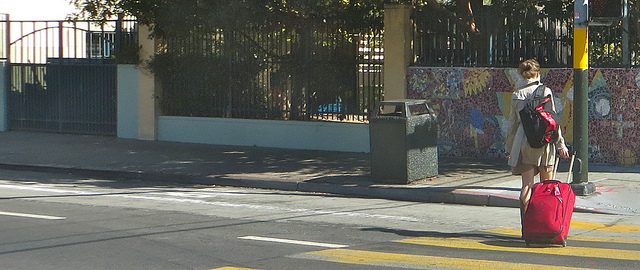Host parents have many responsibilities and are often very busy. Maintaining a good relationship with your au pair is essential and can prevent many potential issues. Below are a few simple things you can do to help your au pair match flourish.

Communication – Make time every couple of weeks for a check-in conversation. This provides your au pair a time to bring up questions or concerns which she may be hesitant to bring up when she sees how busy you are daily. It’s also a good time for discussing any concerns you have as well as planning for upcoming events or schedule changes.
I cannot emphasize enough how important these check-in conversations are, even after an au pair has been with a host family for months and into the extension year. Having these regular conversations says to your au pair that you care about how she is feeling and how things are going. It is an investment in keeping a match healthy and successful.
Treat Your Au Pair Like a Family Member – Au pairs who feel appreciated and included as a member of their host family tend to see their host children as family members and feel very invested in their happiness and success.
Stay on Top of Payments – Au pairs can feel very uncomfortable if they need to ask for their weekly stipend payment. This can also make them feel their work is not appreciated or you are unconcerned about their needs. Add a recurring weekly event on your calendar, use payment apps or automatic bank transfers to schedule your au pair’s stipend payment, and give yourself one less thing to remember.
The same is true for their transportation costs to cluster meetings and classes. Au pairs let their host family know about the expenses but some host parents don’t always follow through and reimburse them.

 Most au pairs have mixed feeling about returning home. As the program end nears, there is both excitement and nerves about adjusting to life at home.
Most au pairs have mixed feeling about returning home. As the program end nears, there is both excitement and nerves about adjusting to life at home. Almost everyone experiences culture shock and homesickness when they come to a completely new environment. Everything is different: the language, the food, and the people.
Almost everyone experiences culture shock and homesickness when they come to a completely new environment. Everything is different: the language, the food, and the people.